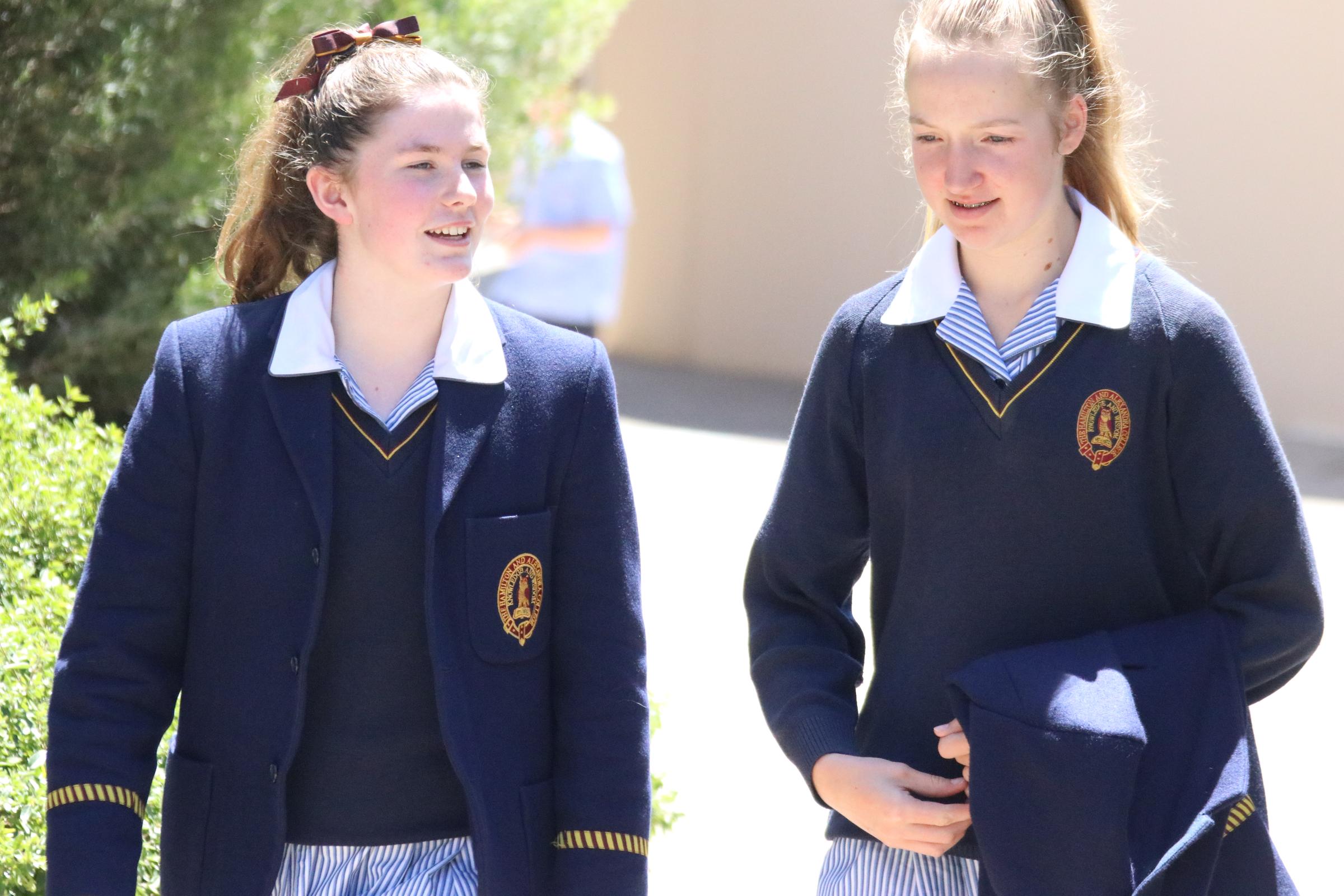Senior Years and Wellbeing

Senior Years and Wellbeing
Welcome back to all students and families as we all begin to settle into the routine of Term One.
Student wellbeing continues to be a priority at The Hamilton and Alexandra College and many exciting initiatives will be introduced this year to ensure students’ emotional health is further developed. My Student Counsellor role focuses on ensuring all students, both at Myrniong and at the Senior Campus, are able to be the best version of themselves, in spite of any struggles or barriers they may be facing. I also attend the Boarding House on Tuesday evenings for any students who require counselling support.
Counselling aims to explore any difficulties students are facing and to empower them to generate solutions to overcome life’s hurdles. Counselling is provided in a non-judgemental, safe environment where students can share their concerns confidentially. College has developed a positive relationship with many health professionals in the community and referrals can be made to external providers, such as psychologists, to ensure all students needs are met.
“Encouraging positive peer pressure”
I came across the following article during the holidays on the Reach Out website. It made me think (as a mother of two young children myself) that ultimately, as parents, we all want the best for our children and for them to be good people. Exploring the notion of using ‘positive peer pressure’ is interesting as it encourages young people to be a force for good in their social and peer group. Advice given by a peer is often more influential than advice from an adult, therefore equipping young people with positive skills and tools can be a powerful way to encourage strong emotional or mental health in all of our students.
What is positive peer pressure?
How to encourage your child to use positive peer pressure:
Why positive peer pressure works:
You can read the full article here: www.parents.au.reachout.com
We have so many students in our school who already exhibit many of these characteristics listed above. Let’s continue to encourage our young people to use positive peer pressure in their daily lives.
Mrs Kate Couchman
Student Counsellor